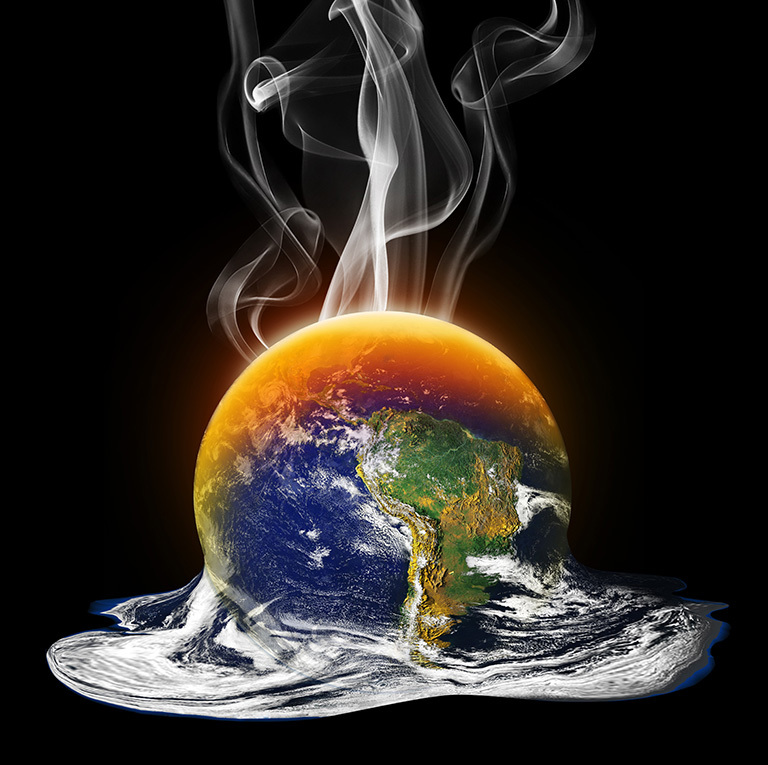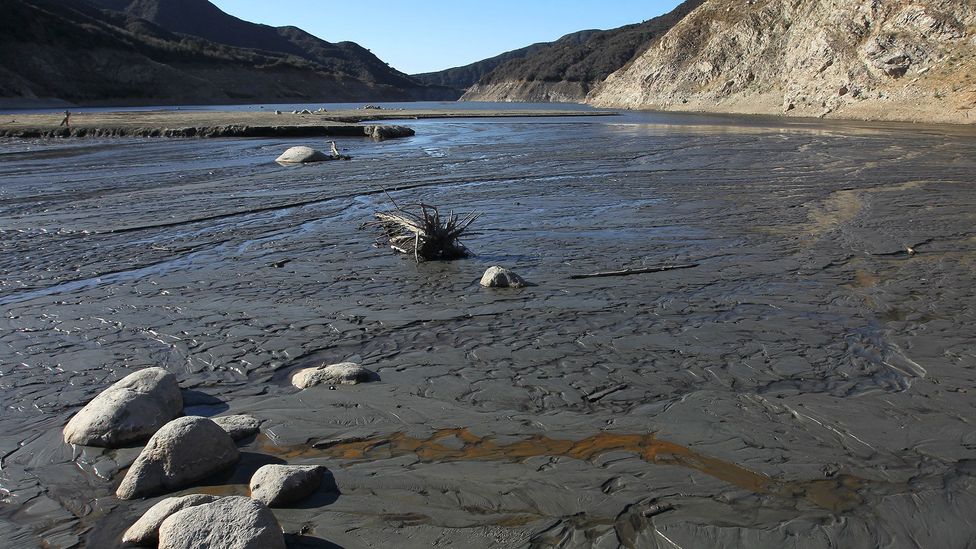ENVIRONMENTAL DISASTERS
Global Warming
The term "global warming" is frequently used in the context of environmental issues. Global warming is characterized by gradual climate changes such as rising temperatures, longer heat waves, and shorter cold periods. Global warming, which is linked to greenhouse gas emissions, has a multitude of effects on the world, including a decrease in water resources, the degradation of some ecosystems, glacial melting, and the threat of plant and animal extinction.
Green House Effect
In many nations, the supply of high-quality freshwater to humans is becoming a serious issue. With the rise in population and living standards, as well as the expansion of agriculture and industry, water demands continue to rise. Water is required for power generating, irrigation, navigation, and the provision of community water. It is frequently derived from international rivers or lakes, and international cooperation is frequently required in water allocation, financing, and technical aspects of water resource development projects. The availability of ground water is typically a local issue, but it has worldwide ramifications in terms of the overall consequences that ground water depletion may have across a greater territory.

.png)

Comments
Post a Comment